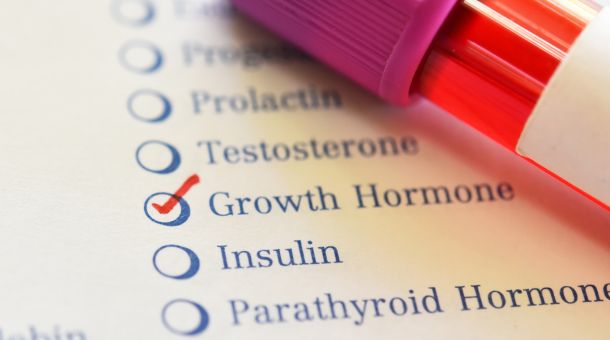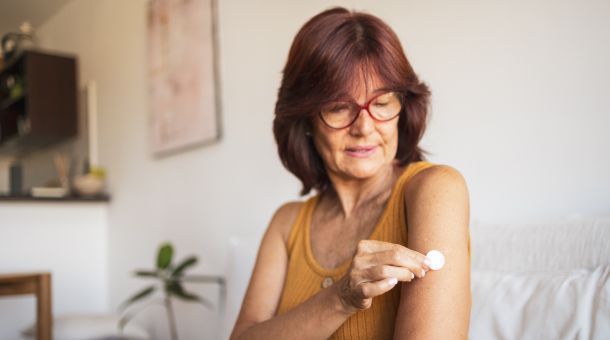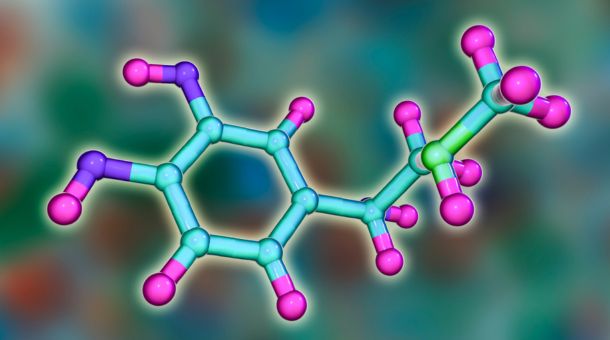Human Growth Hormone (HGH) is often referred to as the "fountain of youth" because of its crucial role in growth, development, and overall health.
This hormone is secreted by the pituitary gland and plays a significant role in regulating various bodily functions.
As we age, our HGH levels naturally decline, leading to a range of age-related issues.
Fortunately, there are natural ways to boost HGH hormone levels and potentially slow down the ageing process.
In this article, we'll explore the importance of HGH, its effects on the body, and practical methods to increase HGH production naturally.

Human Growth Hormone is a peptide hormone produced by the pituitary gland, a small gland located at the base of the brain.
It plays a pivotal role in stimulating growth during childhood and adolescence, but its functions extend far beyond that.
HGH influences various aspects of our health and well-being throughout our lives, including:

While HGH is critical for growth and development during youth, its production gradually declines as we age.
This decline in HGH levels is one of the contributing factors to the ageing process. Some of the signs and symptoms associated with low HGH levels in adults include:

While synthetic HGH injections are available, they come with potential side effects and should only be used under the supervision of a medical professional for specific medical conditions. Fortunately, there are natural ways to boost HGH levels in your body.
These methods focus on optimizing your lifestyle and dietary choices to encourage the natural release of HGH. Here are some effective strategies:
Engaging in high-intensity interval training (HIIT) and resistance exercises like weight lifting can significantly increase HGH production.
These activities stimulate the release of HGH during and after workouts. Aim for at least 30 minutes of intense exercise several times a week.
Quality sleep is crucial for HGH secretion. The majority of HGH is released during deep sleep, particularly in the first half of the night.
Aim for 7-9 hours of uninterrupted sleep each night to optimize your HGH levels.
Intermittent fasting, which involves cycling between periods of eating and fasting, has been shown to boost HGH levels.
The fasting period stimulates HGH release, especially during the 16-24 hour mark. Consult with a healthcare professional before starting any fasting regimen.
Amino acids like L-arginine and L-ornithine can enhance HGH secretion when taken as supplements.
These amino acids are available over the counter, but it's essential to use them under the guidance of a healthcare provider.
Certain foods may help naturally increase HGH production. Focus on a diet rich in lean proteins, healthy fats, and complex carbohydrates.
Foods high in protein, such as lean meats, fish, eggs, and dairy products, can promote HGH release. Also, include plenty of fruits and vegetables for their antioxidant properties.
Chronic stress can lead to elevated levels of cortisol, which can suppress HGH production.
Practice stress-reduction techniques like mindfulness meditation, yoga, or deep breathing exercises to help balance your hormonal system.
High sugar intake and a diet rich in high-glycemic carbohydrates can lead to insulin resistance, which can reduce HGH production.
Minimize your consumption of sugary foods and opt for complex carbohydrates like whole grains instead.
Obesity can negatively impact HGH levels. Maintaining a healthy body weight through a balanced diet and regular exercise can help support optimal HGH production.
Certain supplements, such as melatonin and GABA, may support HGH secretion.
Consult with a healthcare professional before using supplements, as they can have side effects and interactions with other medications.
Human Growth Hormone (HGH) plays a vital role in various aspects of our health, and its decline with age is associated with many of the signs of ageing.
While there is no magic pill to reverse the ageing process, natural methods can help boost HGH levels and potentially slow down the effects of ageing.
Incorporating regular exercise, maintaining a healthy diet, getting adequate sleep, and managing stress are all essential components of a lifestyle that supports optimal HGH production.
Remember that individual responses may vary, and it's always advisable to consult with a healthcare professional before making significant changes to your diet or exercise routine, especially if you have underlying health conditions.
With commitment and the right approach, you can harness the potential of this "fountain of youth" hormone to improve your overall health and well-being as you age.